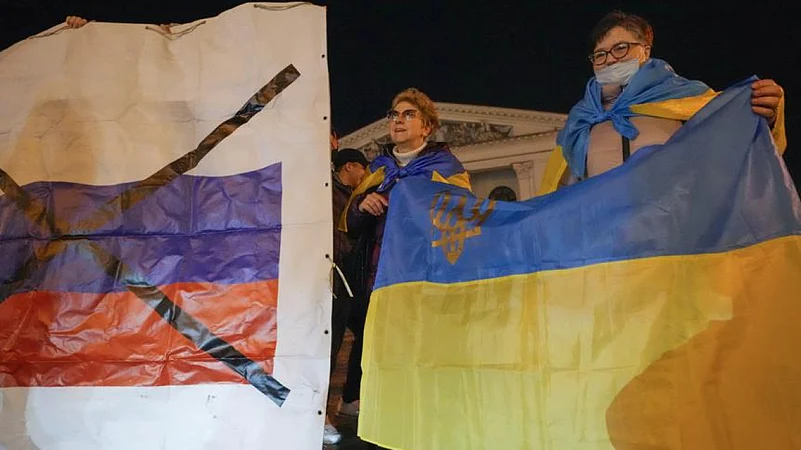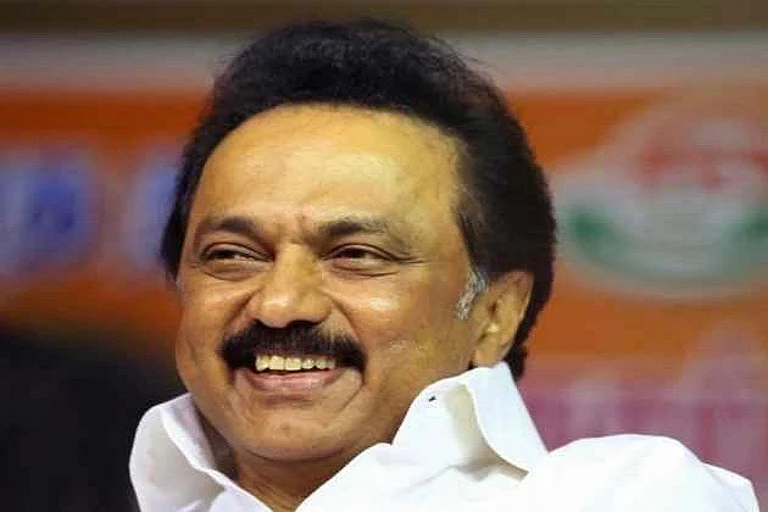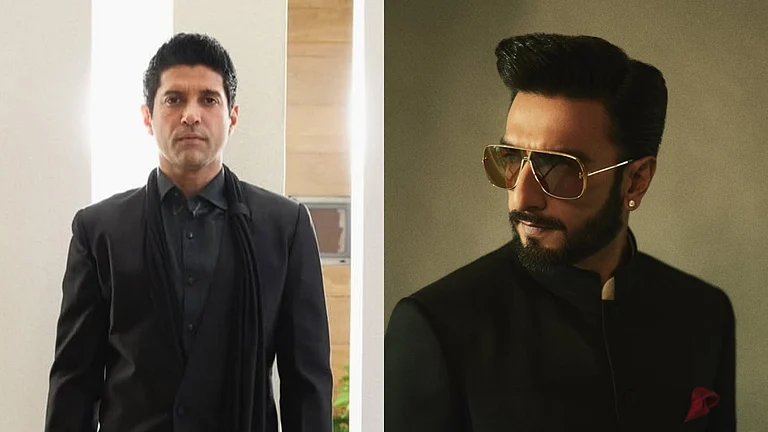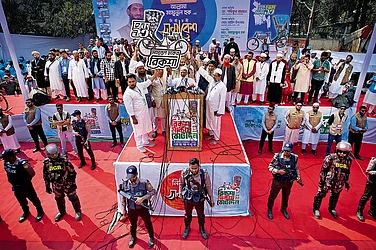I wasn’t much of a foodie until I moved to Kolkata in my late teens. Be it the special Kolkata Biryani with the aalu (potato) or the Hinger Kochuri (flatbread with spicy stuffing), these were flavours I had never experienced to their fullest glory before my move. But Kolkata is not just about Bengali, Mughlai or Chinese cuisine, as is generally propagated. The old city of the Lords also houses some excellent continental eateries that have preserved its international culinary heritage — be it in the tender bread rolls of Peter Cat or the juicy steaks of Mocambo.
But one of my favourite dishes in my high school days whenever I felt especially gourmet was the ‘Chicken a la Kiev’ at Olypub. The rotund, egg-shaped chicken fillet, pounded and moulded around a dollop of cold butter, then coated in breadcrumbs before deep-frying, is a delicious, buttery remnant of Bengal’s fascination with the Soviets, especially Russia. What’s amazing is that this is not a high-end restaurant or a fancy continental bistro. Formerly called ‘Olympia Bar’ (circa 1947), the nostalgic Olypub smack in the middle of the posh Park Street is a watering hole offering one of the cheapest beers in town. And yet, there it was, sitting in the middle of cutlet and ‘chicken fry’ on the deceptively inconspicuous menu of the pub — Chicken a la Kiev — “a delicacy from Russia” — or so the waiter said when I asked about what it was like. Imagine my surprise (at my own ignorance) when a few years later I found out that Kiev is not in Russia but in Ukraine, and that it is not Kiev but Kyiv.

Kyiv is the capital city of Ukraine and a former Soviet colony that Russia invaded last week. Shells and bombs were dropped in the modern industrial city with a population of 28.8 lakh (a dwarf in comparison to the 15.2 million residents of Kolkata). And today, this population is engaged in fighting one of the biggest armies in the world. But even as tales of bravado ring from the streets of Kyiv, another battle has been raging in cyberspace — should supermarkets and restaurants change ‘Chicken Kiev’ to ‘Chicken Kyiv’?
It might seem like an insignificant demand at a time when the country is at war. But to Ukrainians, ‘what’s in a name’ has a very different answer which stems from the complicated cultural history it shares with Russia. Kiev was the former name of the Ukrainian capital under the USSR. When Russia and Ukraine became independent nation-states after 1991, Russia chose to keep the name Kiev — which was derived from the Russian language. Ukrainians, however, knew the city as Kyiv — derived from the native Ukrainian language of Ruthenian. According to legend, the name comes from Kyi — one of ancient the founders of the city.

In 2018, a Facebook post by the Ministry of Foreign Affairs (MFA) in Ukraine asked the question, “Are you tired of seeing the name of Ukraine’s capital written incorrectly?” The post was a precursor to a campaign— ‘Correct Names UA’ — that sought to set the records right about the real names of Ukrainian cities as opposed to the Soviet-era names that were still used by global media. The ‘KyivNotKiev’ movement gained mass momentum in Ukraine and the then government managed to turn International public opinion around after the United States decided to change the official spelling to Kyiv from Kiev, putting pressure on other nations and media houses to follow suit. The International Air Transport Association (IATA) also changed the name to Kyiv. The timing of the movement is significant as the appropriation of the name became a matter of wider protest only after the Russian annexation of Crimea, which many Ukrainians believe to be the real start of the war. Russian forces have been fighting Ukrainian soldiers in the east of the country ever since 2014 and nearly 14,000 Ukrainians have reportedly died because of it since then.
Reclaiming the original name was an attempt by Ukraine to disentangle itself from its Soviet past and come out of the shadow of Russian dominance. For years, Russian politicians and even a section within Ukraine thought that a Russia-led Eastern Slavic Orthodoxy was the way to go for the former Soviet nation post the fall of the USSR. The accession of Crimea brought increased militarisation in Eastern Ukraine that has a higher Russian and Russian speaking Ukrainian population, and renewed debates about the Russophone-Ukrainian identity. The new Volodymyr Zelenskyy government formed by a political outsider — a former comedian — sought to change this bedrock of Ukrainian politics by asserting a new, eclectic Ukrainian identity that was more lenient toward Europe. But his cheerful optimism failed to control the increasing Russian aggression in Donbas coupled with disillusionment stemming from Ukraine’s own growing dependence on the West and high domestic corruption.

Wars are fought as much in the mind as in the battlefield, and in this age of social media, the war is also virtual. The ‘information war’ being waged from all sides is complex and chimeral, and Russia has a stronger hand. Several Russian-speaking Ukrainians continue to disavow Ukraine’s stand. Despite the ‘KyivNotKiev’ movement, several maps continue to use the former spelling, as do several media houses. Editors have time and again defended the use of ‘Kiev’ as a matter of standardisation. After all, we do not spell Warsaw as Warszawa or Moscow as Moskva, for instance, as a 2019 editorial by Associated Press stated while announcing the adoption of the new spelling in its stylebook. The editor was perhaps a tad off the mark — Moscow is the accepted Latinisation of the Russian Moskva. Similarly, Ukraine adopted Kyiv as the Latinisation of the Ukrainian name in 1985.
The fight between languages is a reflection of the asymmetrical relationship between Ukraine and imperial Russia, which continues to impact the cultural and political narrative. Ukrainians argue that the overshadowing of the Ukrainian language by Russians is part of a larger attempt to wipe out Ukrainian identity that has its roots in the Russian empire and remains the dominant cultural hegemon during the Soviet years as well. In 2012, protests broke out in Kyiv and other parts of Ukraine when then-President Victor Yanukovitch introduced a bill to recognise “regional languages” that allowed Russian to be used officially in schools, courts, and government institutions of predominantly Russian-speaking areas of Ukraine. The legislation was eventually withdrawn.
Even the debates about the name Kyivan Rus, for instance, a federation of states considered as the earliest proto-Russian state. Again, it’s Kievan Rus, depending on whom you ask. Both Russian and Ukrainian historians have claimed their roots to the 9th-13th century state. In India, we understand the need to change names. 'Kolkata', where this note on Chicken a la Kiev (ahem Kyiv) started is itself a reclamation of identity from its imperial shackles. In 2001, the West Bengal government officially ditched 'Calcutta' — the name of the erstwhile capital of the British Raj in India — in favour of Kolkata. It was a reference to Kalikata, the Bengali name of one of the three villages that originally constituted the city and an attempt to recapture the Bengali imagination. Quite like the legend of Kyi.

Much like the battlefield, the ‘war of memories’ as Andreas Kapeller in his 2014 paper Ukraine and Russia: Legacies of the Imperial Past and Competing Memories termed it, needs its own foot soldiers. Russia has previously used the Orthodox Church and the dominance of the Russian language to influence foreign policy with Ukraine. Today, Ukrainians are not only fighting Russia but also the misinformation that strengthens pro-Russian voices, both domestic and international. It is not just a battle of arms but a battle of memories. And in the battle of competing memories, holding on to one’s identity may take any form — a Molotov cocktail on the battlefield or a change in the menu.


























